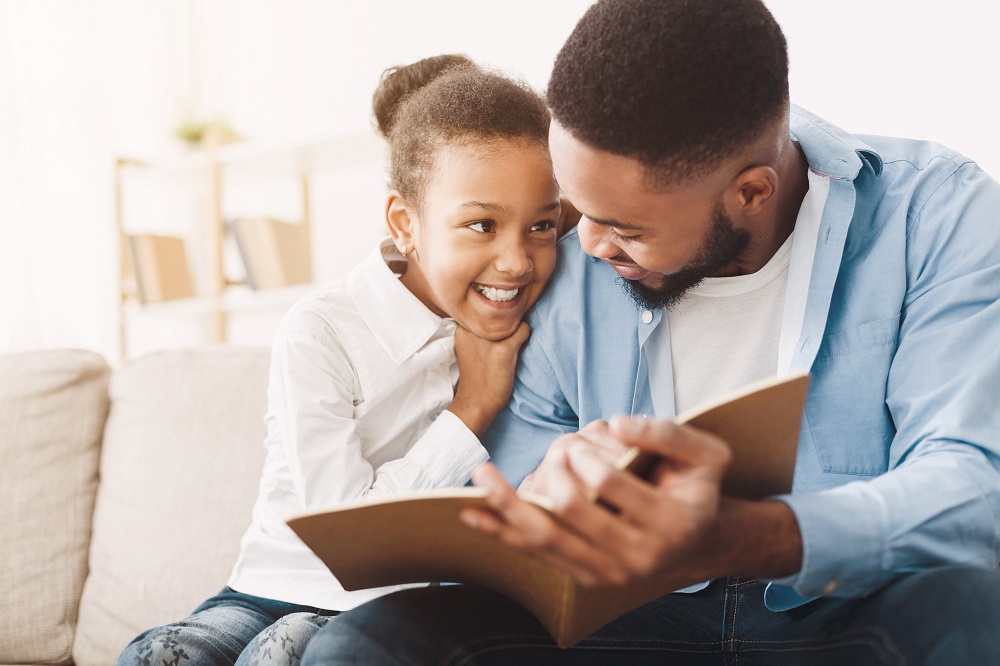Advice For Parents
11 Tips For Homeschooling Your Primary School Children
Working from home? Homeschooling your children? Feeling a bit thrown in at the deep end?
Don’t panic. Over the next few weeks, during these extraordinary times, we’re going to send out as much information and as many resources as we can to support you.
You can see some of them on our Parent Resources page now.
In the meantime, here are my top 11 tips for homeschooling your children right now:
1. Reading is everything!
If there is only one thing you are able to do whilst your child is off school, then you should focus on reading – read with them, to them and alongside them.
Talk about the books you have read, and are reading, and really develop that love of books. Remember – you are the most powerful role model!
Here are some resources to help you:
- Love Reading for Kids
- Reading with your Child – The Book Trust
- Researchify – Free Online Books and Audiobooks
2. Keep to a routine:
Children need normality, familiarity and structure. So keep to a routine.
It makes homeschooling easier and helps children to realise this is not a holiday, and that teachers are expecting learning to take place to some degree.
Creating a work space, whether that be at the kitchen table or in the living room, is important.
3. Limit tablets, phones and TV:
It will be important for friends to stay in virtual contact with each other as long as interactions are friendly and supportive – but avoid an unhealthy overreliance on screen time in all of its guises.
Too much screen time can have a negative effect on physical and mental health and it disrupts sleep patterns as well.
Variety is key: exercise, reading a great book and learning a new skill are all suitable ways of avoiding the monotony of a TV and computer screen.
Check out this article for some Non Screen Activities you can do at Home
4. Emphasise English and maths…
Continue to practise essential English and Maths.
Review fundamental maths skills such as number bonds, times tables, division facts and addition/subtraction strategies.
Encourage your child to write for pleasure about what they’ve done that day, or use images as a stimulus for creative writing – the Literacy Shed is a great resource for this.
5. …but remember that learning should be fun
Children need to have a plan or timetable right from the start, and to stick to it using a timer. But activities should not just be solely English and maths-based.
Making learning fun is vital – so baking, painting and getting out and about in the garden are essential to reduce boredom.
6. Don’t overdo it!
The younger the child, the less time they can sit and learn for, so frequent breaks are important for productivity. Around two hours’ ‘formal’ learning in total a day for children in key stage 1 is appropriate, which covers years 1 and 2.
Children in key stage 2, which covers year 3 through to year 6, would be able to do more: about three to four hours. But again, this should include PE activities and more creative tasks as well.
7. Support child-led learning:
Encourage your child to research something that is of interest to them and show their learning with a creative project.
This could be making something with play-dough, junk modelling, papier-mache or a presentation. Let your children experiment with what fascinates and interest them.
8. Encourage regular movement breaks:
Movement breaks – such as dancing to music, circuits or playing Simon Says – provide children with sensory feedback and offer them a chance to “reset”.
If fast movement breaks aren’t working, slow it down by doing wall or chair push-ups or squeezing hands, shoulders or legs.
Find what works for your child. It will really help with learning and focus.
Here are some great ideas for movement breaks:
- PE With Joe
- Tallulah the Owlet | A Cosmic Kids Yoga Adventure!
- Dance Exercises For Kids – On YouTube
9. Make the most of any outdoor space:
There are so many benefits to outdoor learning: children develop an appreciation of the world around them and the benefits for physical and mental health are limitless.
Perhaps you could learn about all the plants and trees in your garden, or create your own outdoor circuit and do a daily workout together. Doing something physical keeps our mind healthy too…
10. Praise children’s efforts and behaviour, not their achievements:
Positive constructive praise that targets effort, behaviour and specific aspects of a child’s work is much more powerful than just saying ‘well done for completing your English’.
11. Stay positive!
Encourage children to keep a gratitude journal.
Each day, spend six minutes writing about the following: three things you are grateful for, how you plan to make today great, a good deed you will do that day, how you plan to improve yourself and, at the end of it, some great things you experienced that day.
Summary
The most important thing to remember is not to panic or stress yourself out about homeschooling. We are living through strange and unknown times and flexibility of approach is essential.
Enjoy your time with your children as much as you can and make sure you focus on their emotional wellbeing – as well as your own. You don’t want you or your child to burnout.
Wishing you the very best during this troubling time.
Stay Safe.
 About the Author – Tricia Bunn
About the Author – Tricia Bunn
Over a career spanning 20 years, Tricia has been involved in primary Education in a variety of contexts – as a teacher; senior leader; headteacher (within an LEA and within an Academy) and teacher educator. She is an experienced, successful headteacher, having led two schools since 2010.
For three years Tricia was Senior Lecturer in Primary Education at the University of Wolverhampton. In this role she was Module leader for English and Lead Tutor for the PGCE. Tricia is part of our School improvement team and is a tutor on the SFE primary initial teacher training programme.
She is the Lead English Adviser and co-leads on our curriculum development programme.
Another key part of her most recent work has been embedding an understanding of cognitive theory into CPD, and ensuring this is the basis of work going forward.


 Lucie Welch – Adviser, Services For Education
Lucie Welch – Adviser, Services For Education Jo Perrin - Interim School Support Lead, Adviser, Services For Education
Jo Perrin - Interim School Support Lead, Adviser, Services For Education


